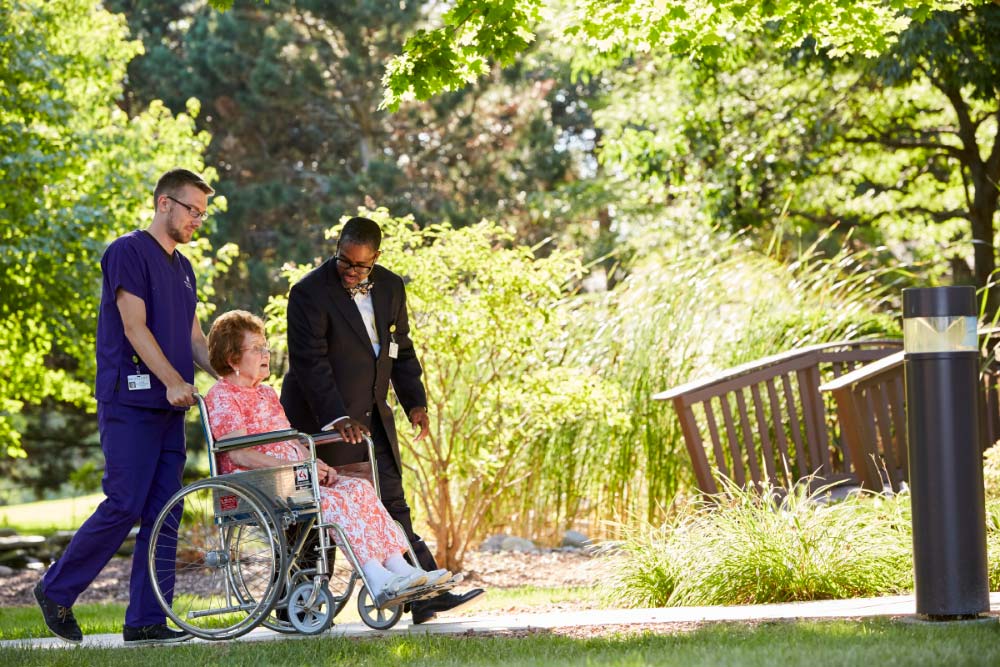Do You Need Hospice in Your Final Days?
Question: "Do you need hospice in your final days?"
"I am wondering if hospice care is necessary for one's final days. My dad has a great home care program, and switching to hospice care, even though he is dying, seems just like a bunch of new caregivers for him to get used to. Also, I have heard that doctors do not want to follow you once you sign on to hospice care. I also heard that Dad can no longer receive treatment once on hospice. Would you please weigh in on which type of care is best for Dad?
By the way, Dad is 90 years old and has lung cancer. I was told that he has about three months to live. Right now Dad adores the live-in caregiver we have arranged for him." - READER
Answer:
You may be able to have it all in this situation. Based on the information you provided, I will share with you some valuable information regarding hospice care.
Some Things You May Not Know about Hospice
Most people know generally what hospice care is, but here I'll tell you a few things about hospice that people either do not know or are often confused about.
Hospice care is not round-the-clock care paid for by Medicare, except in extreme situations where the patient is in crisis, is acutely ill and is requiring nursing care round-the-clock. Most hospice care is provided in the home, and in your Dad's case, hospice care would be in addition to the care he is already receiving. He would be assigned a nurse who coordinates all of his care from the hospice. Hospice care includes a team of professionals who manage your father's symptoms and make him comfortable in his final days. Hospice clinicians specialize in supporting the patient and guiding the family through difficult choices, all while maintaining a comforting and supporting demeanor.
The nice thing about the hospice benefit is that it is rather generous.
The hospice benefit covers his medication, medical equipment, nursing, social work, counseling, and some aide services if needed. Yes, he will have waived his traditional Medicare benefit, but he can change his mind anytime. Your father's live-in care is being paid for either by him or a long-term care insurance policy. His live-in is not a home-health benefit under his Medicare coverage and will not interfere with hospice care.
When it comes to physicians, the hospice benefit encourages patients to keep their primary physician. Visits to the primary physician will be covered under the hospice benefit. The only time we see physicians shy away from following their patient is when the patient enters a facility. Most inpatient care is provided by hospital physicians, and most hospice care is provided by hospice physicians. There are those doctors that will follow their patients even if they are in an inpatient hospice. This is a conversation that needs to occur with your father’s doctor.
Choosing hospice does not have to be a permanent decision.
There are those patients who actually graduate from hospice because their condition stabilized for long enough that they are no longer eligible for the benefit. While I am not suggesting that will occur for your father, I am trying to make the point that you can always try hospice and change your mind later.
My Recommendation
My recommendation is that you contact a few hospices and have a conversation with them. Discuss all of your concerns and questions in your interviews. The more informed you are before making a decision, the better.
I wish you well on your journey.
About this Post
Posted 05.17.2019






